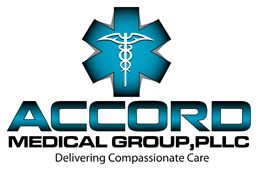Acoustic Trauma
Introduction
Anatomy
Causes
Symptoms
Acoustic trauma may cause temporary or permanent hearing impairments. You may notice that your hearing is temporarily decreased after attending a loud concert. However, acoustic trauma can cause progressive and permanent hearing loss. You may lose the ability to hear high-pitched sounds. This may make it more difficult to hear and understand others in noisy environments. Acoustic trauma can cause ringing in the ear, called tinnitus.Diagnosis
An audiologist can diagnose acoustic trauma by reviewing your history, examining your ear, and performing hearing tests.Treatment
Prevention
Am I at Risk
People exposed to sudden or ongoing loud noises are at risk for acoustic trauma.
Copyright © - iHealthSpot Interactive - www.iHealthSpot.com
This information is intended for educational and informational purposes only. It should not be used in place of an individual consultation or examination or replace the advice of your health care professional and should not be relied upon to determine diagnosis or course of treatment.
The iHealthSpot patient education library was written collaboratively by the iHealthSpot editorial team which includes Senior Medical Authors Dr. Mary Car-Blanchard, OTD/OTR/L and Valerie K. Clark, and the following editorial advisors: Steve Meadows, MD, Ernie F. Soto, DDS, Ronald J. Glatzer, MD, Jonathan Rosenberg, MD, Christopher M. Nolte, MD, David Applebaum, MD, Jonathan M. Tarrash, MD, and Paula Soto, RN/BSN. This content complies with the HONcode standard for trustworthy health information. The library commenced development on September 1, 2005 with the latest update/addition on February 16, 2022. For information on iHealthSpot’s other services including medical website design, visit www.iHealthSpot.com.

